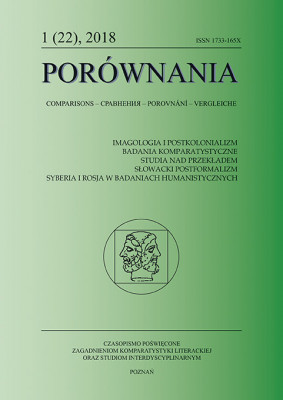VIELSTIMMIGE JÜDISCHE ERZÄHLUNGEN IN DER ZEITGENÖSSISCHEN POLNISCHEN LITERATUR
The Representation of the Holocaust in Polish literature can be pursued from World War II up to contemporary narratives. The authors of this text concentrate on important debates in Poland concerning first of all the common as well as separate Polish-Jewish past in history, but mainly in times of the German fascist occupation. Following their literary studies they give a brief survey of the mentioned topic, concentrating mainly on three exemplary Polish books: Joanna Bator Chmurdalia (2010), Jarosław Kamiński Rozwiązła (2011), and Igor Ostachowicz Noc żywych Żydów (2012). The literary analysis of these texts is related to Polish history, culture, and politics, concerning first of all crucial changes in the society and culture. The chosen writers and their works demonstrate different approaches to an uncertain, complicated Polish Jewish past. They illustrate important changes in literature towards documentary and fictional narratives. More and more tabooed topics of the extreme living conditions during the Nazi occupation in and outside of the concentration camps are considered – crime, various forms of sexuality and prostitution. Jewish life stories as well as the holocaust turn meanwhile into ‚normal‘ motives in contemporary Polish narratives. Searching for their own roots, identity and family traces on the basis of documents, reports or photos often results in colourful reconstructions of Polish-Jewish fates, a striking tendency not only in contemporary Polish literature.
